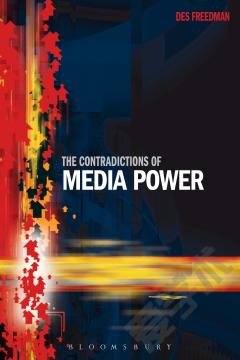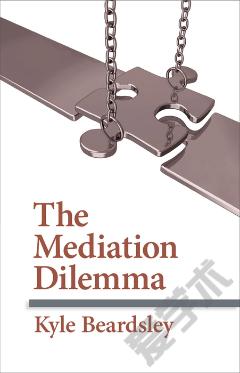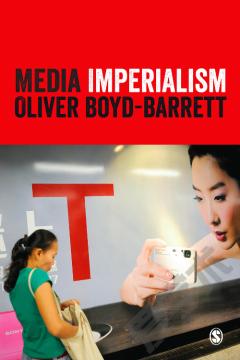The Contradictions of Media Power
Media power is a crucial, although often taken for granted, concept. We assume, for example, that the media are âpowerful'; if they were not, why would there be so many controversies over the regulation, control and impact of communicative institutions and processes? Further, we assume that this âpower' is somehow problematic; audiences are often treated as highly susceptible to media influence and too much âpower' in the hands of one organization or individual is seen as risky and potentially dangerous. Such concerns have motivated a whole series of academic texts on media impact, influence and effects. Yet it is still not clear what we mean by media power or how effective it is. This book evaluates contrasting definitions of media power and looks at the key sites in which power is negotiated, concentrated and resisted - politically, technologically and economically. Combining an evaluation of both previous literature and new research, the book seeks to establish an understanding of media power which does justice to the complexities and contradictions of the contemporary social world. It will be important reading for undergraduates, postgraduates and scholars alike.
{{comment.content}}








 京公网安备 11010802027623号
京公网安备 11010802027623号